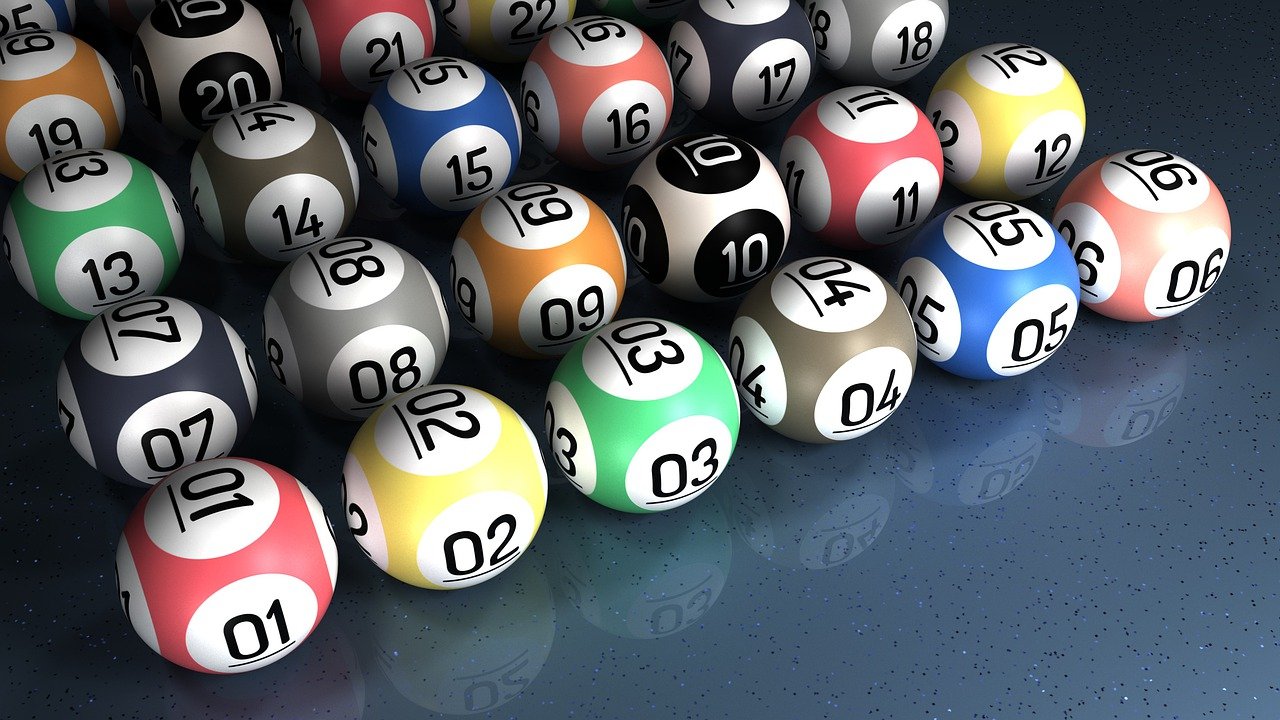1. Introduction to Position in Poker
Poker is a game of skill, strategy, and calculated decision-making. One crucial aspect that can greatly impact the outcome of a hand is the concept of position. Position refers to the order in which players act at the poker table, and it plays a vital role in determining the advantage or disadvantage a player has during a hand. Understanding and utilizing position effectively can elevate your game and significantly improve your chances of success. In this article, we will explore the importance of position in poker and provide valuable tips on how to maximize your advantage based on your position at the table.
The Importance of Position in Poker: Tips for Maximizing Your Advantage
1. Introduction to Position in Poker
1.1 What is position in poker?
In poker, position refers to where you are seated at the table in relation to the dealer. The positions are typically categorized as early, middle, and late positions, with the dealer being in the late position.
1.2 Why is position important?
Position is crucial in poker because it determines the order in which players act during a hand. The later you act, the more information you have about the actions of your opponents, allowing you to make better-informed decisions. Playing in position gives you a significant advantage over your opponents.
2. Understanding the Concept of Position
2.1 The different positions at the poker table
There are different positions at the poker table: early position, which includes the players to the left of the big blind; middle position, which encompasses the players between the early and late positions; and late position, which is reserved for the dealer and the players to their right.
2.2 How position affects decision-making in poker
Position affects decision-making in poker because it determines when you have to act and how much information you have at your disposal. In early position, you need to be more cautious as you have less information about your opponents’ hands. In late position, you can take advantage of the information gained from your opponents’ actions and adjust your strategy accordingly.
3. Benefits of Having Position in Poker
3.1 Ability to gather more information
Having position allows you to gather more information about your opponents’ actions before making your own decisions. This information helps you to better assess the strength of their hands and adjust your strategy accordingly.
3.2 Opportunities for controlling the pot
With position, you have more control over the size of the pot. You can use your position to dictate the tempo of the hand by betting or raising, putting pressure on your opponents and potentially forcing them to make mistakes.
3.3 Increased flexibility in betting and bluffing
Being in position provides you with greater flexibility in your betting and bluffing strategies. You can confidently bluff or make value bets knowing that you have the advantage of acting last and can observe your opponents’ reactions before committing more chips to the pot.
4. Leveraging Position to Maximize Your Advantage
4.1 Reading opponents’ actions and tendencies
One of the key advantages of having position is the ability to read your opponents’ actions and tendencies. By observing how they act before you, you can gather valuable information about the strength of their hands and adjust your strategy accordingly.
4.2 Exploiting weak players in early position
When you have position on weak players in early position, you can exploit their cautious approach by applying pressure and forcing them to make difficult decisions. This can lead to profitable opportunities to win pots without having the best hand.
4.3 Extracting value from strong hands in late position
In late position, you have the advantage of acting last, which allows you to extract maximum value from your strong hands. By observing your opponents’ actions and betting accordingly, you can lure them into putting more chips into the pot, leading to bigger wins.
Remember, position is a powerful tool in poker that can significantly impact your overall profitability. Incorporate these tips into your strategy, and make the most out of your advantageous position at the table. Good luck and happy playing!
5. Strategies for Playing in Early Position
When you find yourself in one of the dreaded early positions at the poker table, it’s important to exercise caution and make the most of your limited information. Here are some strategies to help you navigate these tricky waters:
5.1 Playing tight and selective starting hands
In early position, it’s crucial to be extra picky about the hands you choose to play. Stick to premium hands like pocket aces, kings, and queens, as well as strong suited connectors and high suited one-gappers. By playing tight and selective, you reduce the likelihood of getting caught in messy situations with weak hands.
5.2 Being cautious with marginal hands
While you might be tempted to play those tempting suited connectors or middle pairs, it’s wise to proceed with caution. In early position, these hands can easily get you into trouble, as you have no information about the players who will act after you. It’s better to fold these hands and wait for a more advantageous position.
5.3 Utilizing position-based bluffing opportunities
Although playing in early position can feel limiting, you can still use your position to your advantage. Look for opportunities to bluff when you sense weakness from your opponents. Since they have yet to act, they may be more inclined to fold if you show strength. However, choose your bluffing spots wisely and be prepared to fold if you encounter resistance.
6. Strategies for Playing in Middle Position
Middle position offers a bit more flexibility compared to early position. Here are some strategies to capitalize on this advantageous spot at the table:
6.1 Expanding the range of playable hands
With more information about the players in early position, it’s time to widen your starting hand range. Consider playing strong suited aces, broadway hands, and pairs in middle position. However, still exercise caution with weaker hands, as the later positions can still act after you.
6.2 Capitalizing on information from earlier positions
In middle position, you have the advantage of observing the actions and betting patterns of players in early position. Use this information to make more informed decisions. If you noticed a player in early position raise with a weaker hand previously, you might consider re-raising with a stronger hand to exploit their tendencies.
6.3 Balancing aggression and caution
In middle position, it’s important to find the right balance between aggression and caution. Don’t be afraid to make assertive plays when you have a strong hand, but don’t get carried away either. Remember, there are still players in late position who can potentially outmaneuver you.
7. Strategies for Playing in Late Position
Ah, the sweet spot of late position. Here’s where you can truly maximize your advantage and wield your positional power:
7.1 Taking advantage of the “button” position
As the dealer button, or “the button” for short, you have the luxury of acting last in every post-flop betting round. This positional advantage allows you to gather valuable information from your opponents before making your move. Take advantage of this superior position by playing a wider range of hands and capitalizing on their weaknesses.
7.2 Stealing blinds and antes
Late position is where you can unleash your thieving tendencies. If the players in early and middle position appear weak, don’t hesitate to make a move and steal those blinds and antes. Just be mindful of your table image, as sophisticated opponents may catch onto your sneaky maneuver.
7.3 Playing aggressively with strong hands
Late position is the perfect time to unleash the beast and play your big hands aggressively. By raising and re-raising, you can build the pot and extract maximum value from your strong holdings. Be mindful of any tricky players who might be waiting to trap you, but don’t let that deter you from asserting your dominance.
8. Summary and Key Takeaways
Position is a fundamental concept in poker that can significantly impact your overall success. Playing tight and selective in early position, expanding your range in middle position, and capitalizing on the advantages of late position are all crucial strategies to maximize your advantage.
Remember, position isn’t everything, but it’s certainly a powerful tool in your arsenal. By understanding its importance and implementing these strategies, you’ll be well on your way to becoming a more formidable poker player. So, take your seat, embrace your position, and let the chips fall where they may!
8. Summary and Key Takeaways
Mastering the importance of position in poker can be a game-changer for any player. By understanding the different positions at the table and how they can influence decision-making, you can gain a significant edge over your opponents. Remember, having position allows you to gather more information, control the pot, and make more strategic moves. Whether you’re in early, middle, or late position, implementing the appropriate strategies can lead to better outcomes. So, next time you’re at the poker table, pay close attention to your position and use it to your advantage. By doing so, you’ll enhance your overall performance and increase your chances of coming out on top.
FAQ
1. Does position really matter in poker?
Position in poker is of utmost importance. It can greatly influence the decisions you make and the strategies you employ during a hand. Having better position allows you to gather more information, control the pot, and play more aggressively or cautiously based on the actions of other players. Understanding and utilizing position effectively can significantly improve your chances of success at the poker table.
2. Which position is considered the most advantageous?
The late position, also known as the “button” position, is generally considered the most advantageous position in poker. This is because the player on the button gets to act last in every round of betting, allowing them to observe the actions of all other players before making a decision. Late position provides greater flexibility and more opportunities for stealing blinds, extracting value from strong hands, and bluffing effectively.
3. How should I adjust my strategy when in early position?
When in early position, it is advisable to play more conservatively and be selective with the starting hands you choose to play. This is because you have less information about the actions of other players. Focus on playing strong hands and avoiding marginal or weaker hands. Additionally, be cautious with your betting and consider the potential strength of your opponents’ hands when making decisions.
4. Can I still win if I have a poor position?
While having a better position is advantageous, it doesn’t mean that you cannot win from a poor position. Skilled players can still make profitable decisions regardless of their position. However, it becomes more challenging as you have less information and flexibility. In such cases, it is crucial to rely on strong hand selection, observation of opponents’ tendencies, and making well-timed and calculated moves to maximize your chances of success.

AdHang.com is the No.1 agency for digital marketing in Nigeria and the first Internet public enlightenment agency in Africa. AdHang has everything needed to achieve your digital marketing objectives and goals. From strategic digital marketing, a tactical approach to employing advanced digital marketing tools and technologies, using seasoned marketers with decades of marketing communications experience.









Comments